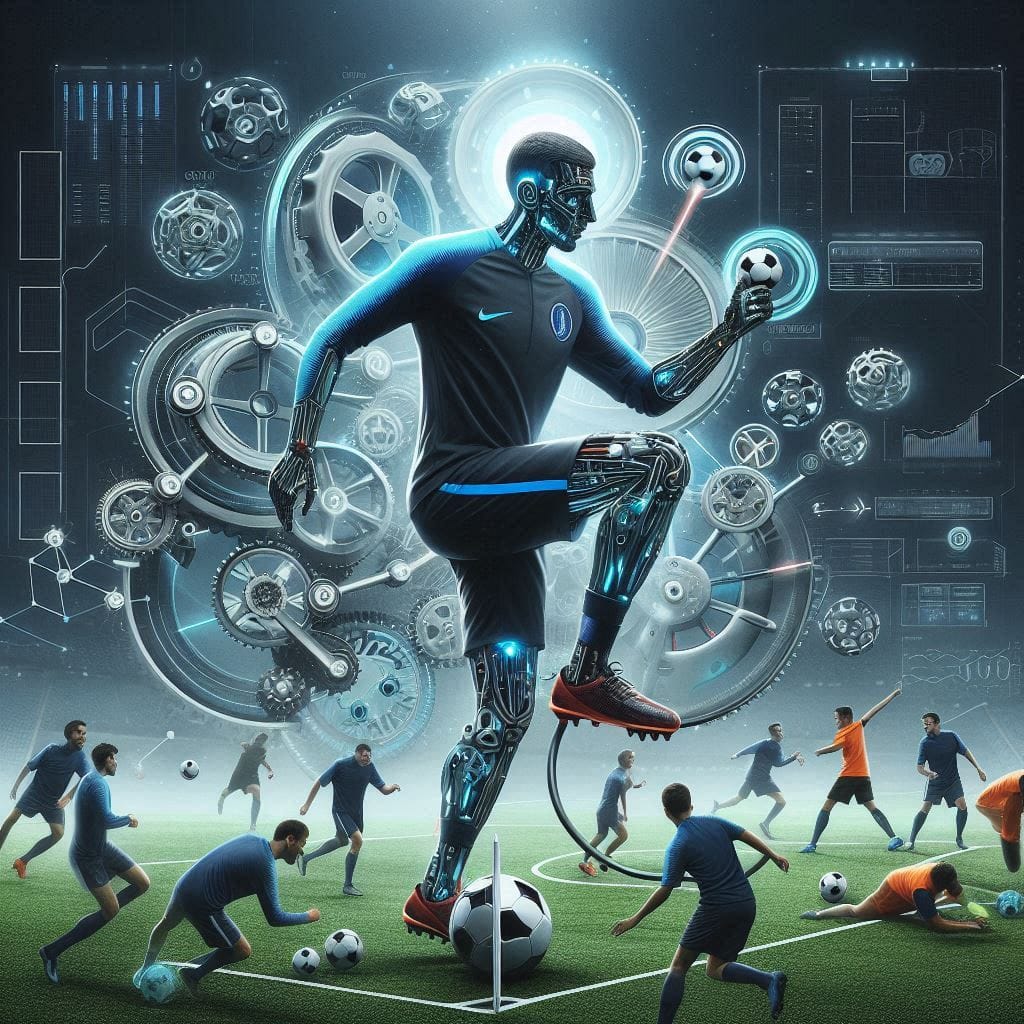How to Treat Talent Differentially without Demotivating
In the field of youth and professional football, the phrase “When the less talented player is treated the same as the more talented one, the less talented one does not improve and the more talented one becomes demotivated” is a reality that highlights the need to apply differentiated strategies in training. The Pons Method, recognized for its innovative and scientific approach, addresses this dilemma through the Principle of Specific and Individualized Inclusion in Modern Training.
The Problem of Homogeneity in Training
One of the most common mistakes in team development is treating all players the same way, without considering their skills, talents and levels of development. Although this approach may seem fair at first glance, in practice it is counterproductive.
The most talented players feel that they are not being challenged, which generates demotivation.
Less talented players, by not receiving specific attention for their areas of improvement, fail to progress at the right pace.
What does the Pons Method propose?
The Pons Method introduces a model based on individualization within the collective, which implies that each player receives personalized attention without losing sight of the overall vision.
- Individualized Talent Analysis
Each player is evaluated not only on their technical and tactical skills, but also on their cognitive and emotional abilities. This evaluation is carried out continuously, allowing constant adjustments in training.
- Personalized Development Plans
Training is adapted to the individual needs of each player:
For high-performance players: Greater challenges are designed, integrating their evolution with tasks that promote leadership and creativity on the field.
For lower-level players: Work is done to enhance their specific skills through focused exercises and constant feedback.
- Technology Integration and Data Analysis
Through Big Data tools and performance analysis, each player’s progress is closely monitored. Training sessions are recorded and analyzed to detect patterns of improvement and critical areas to work on.
- Empathy and Emotional Connection
The Pons Method highlights the importance of creating an emotional connection between players and coaching staff. Empathy and understanding the emotional environment of each player are essential to foster motivation and growth.
Results of the Specific Approach
Continuous motivation: High-level players feel that they continue to progress, while those with less talent perceive that they are being accompanied in their evolution.
Healthy competition: An internal dynamic is generated where each player competes with himself and not against his teammates, raising the overall performance of the team.
Team cohesion: Although each player has a personalized plan, the final objective is common, encouraging collaboration and teamwork.
Conclusion
The Pons Method’s Principle of Specific and Individualized Inclusion not only recognizes the diversity of talent within a team, but turns it into its greatest strength. The key is to balance individual attention with collective goals, ensuring that each player reaches their full potential without losing sight of the success of the whole.
